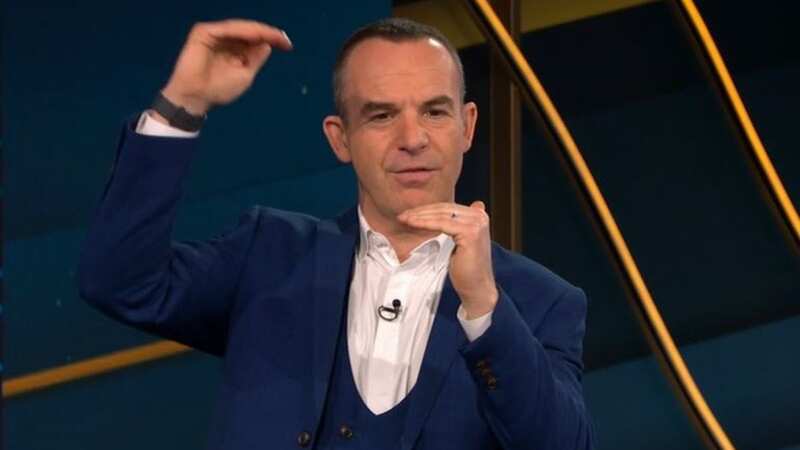Martin Lewis warning over 'outrageous' hidden detail in Ofgem's new price cap

Martin Lewis shared a warning over a "hidden detail" in Ofgem's price cap announcement last week.
Last week, the energy regulator announced that its price cap will drop by 12.3% from this April. For the typical dual fuel household paying by direct debit, this means their bill will fall from £1,928 a year to £1,690. However, even though energy costs are going down - the standing charge is set to rise.
The Money Saving Expert (MSE) website founder shared the warning in a six-minute-long video posted to his social media accounts - including Instagram, TikTok and X - formerly Twitter - last Friday. Martin explained: "The amount you pay for gas and electricity will drop on April 1 - primarily because the unit rates are dropping substantially although the standing charge is rising, outrageous."
The standing charge is a mandatory payment on energy bills, and it is paid no matter how much gas and electricity a household uses. It is used to pay for things such as the upkeep of the energy grids and the amount varies depending on where you live in the UK.
Between April and July this year, the standing charge for electricity will on average rise from 53.35p per day to 60.10p per day while the standing charge for gas will rise from 29.60p per day to 31.43p per day.
 Shop prices 'are yet to peak and will remain high' as inflation hits new heights
Shop prices 'are yet to peak and will remain high' as inflation hits new heights
Martin added: "First thing I'd say, beware some of the headlines. Like 'typical energy bill to fall by £238 a year from April' this isn't a year-long price cap, it's just the price cap from April to June. So that £238 a year should say that it's prorated that saving. Secondly, what's a typical bill? It's just complicated. So back to basics."
"The energy price cap dictates the maximum rate that providers can charge if you're on their standard tariff. The vast majority of people In England, Scotland and Wales are on their standard tariff so the price cap dictates what you pay. Firms can actually charge less than the price cap but they don't. So on average, with a 12% cut for every £100, you'll pay roughly £87 on it - but there are some complexities to that."
Martin however highlighted that the standing charge for electricity was going up by 12% and the standing charge for gas was rising by 6%. In response to his posts, social media users flocked to share their frustration on the rise to the charge. On average, if you use £0 of energy over the year - you will still see a bill of over £300 to cover the standing charges.
One X user, said: "How on Earth are they justifying a rise in standing charges? This sounds like gross manipulation of the market to ensure people continue to pay more, regardless of their usage. There is absolutely no way you can convince me it costs £334 per year to maintain each home's supply."
A second said: "Good news. Most welcome. I wish they’d matched the gas & electric standing charges & rate reductions. Otherwise it doesn’t help drive the market to an electric future, reducing burning gas."
Another said: "How do we protest the standing charge? It’s unfair and massively overpriced. It is supposedly for infrastructure maintenance yet we have one of the worst maintained gas and electricity networks in the modern world. It is never improved only ever patched up when it fails!"
Martin has previously called the standing charge "morally hazardous" and has called for the charge to be cut. The energy regulator launched a consultation on the charge last year and over 20,000 responses were collected when it closed last month. An Ofgem spokesperson said last month: "We know that with wider cost of living pressures, people are concerned about their bills so we will now use these responses to inform how we approach this complex issue. and set out the next steps in due course.”
Read more similar news:
Comments:
comments powered by Disqus

































